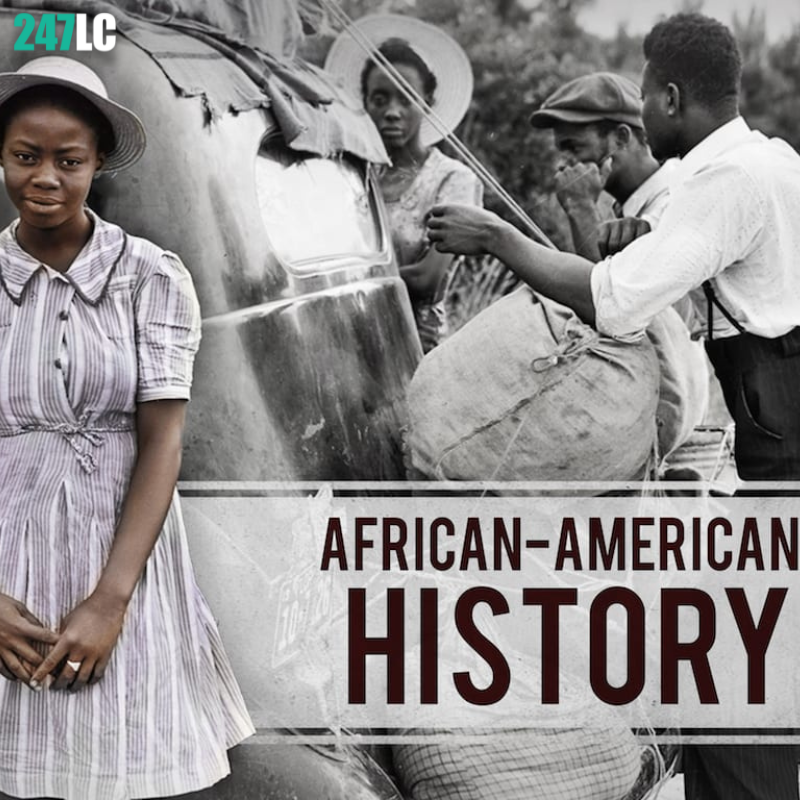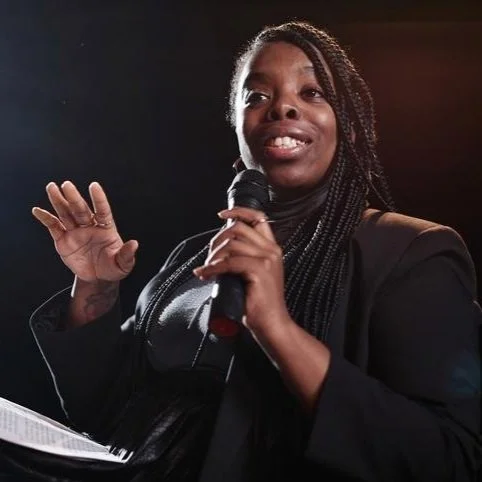Florida Blocks Teaching of AP African American Studies Class
By: Adonis Armstrong
Florida is facing criticism for blocking the implementation of a high school (AP) Advanced Placement course on African American studies. The course was created by a group of teachers and specialists, aimed to provide students with a comprehensive knowledge and understanding of the African American experience. However, the Florida Department of Education (FDOE) rejected the course, expressing that it did not meet the state's guidelines for curriculum.
Critics of the FDOE's decision argue that the rejection of the AP African American studies course is a form of censorship and an attempt to hush the voices and viewpoints of African Americans. They too point out that the course had been approved by the College Board, the organization that supervises AP courses, and had received positive feedback from teachers and students who had taken the course.
Advocates for the course have called on the FDOE to reexamine its decision and to implement the course in Florida's high schools. They argue that the course would give students an important viewpoint on American history and society, and would offer assistance to combat the systemic prejudice and segregation that African Americans proceed to face.
The discussion over the AP African American studies course highlights the progressing debate over the representation and inclusion of marginalized groups in the American education system. It too raises vital questions about the role of the state in deciding what is instructed in schools and who has the control to shape the narrative of American history.
In conclusion, the block of a high school AP African American studies course in Florida is a profoundly controversial issue, with critics arguing that it is a form of censorship and an attempt to quiet the voices and viewpoints of African Americans. The debate over the inclusion of marginalized groups in the American education system proceeds, and it is significant that we as a society work to guarantee that all students have access to a diverse and comprehensive curriculum that reflects the complexity and abundance of our country's history and culture.







Meet Adonis Armstrong, Co-Founder & President of 247 Live Culture!
Email: Adonis@247LiveCulture.com